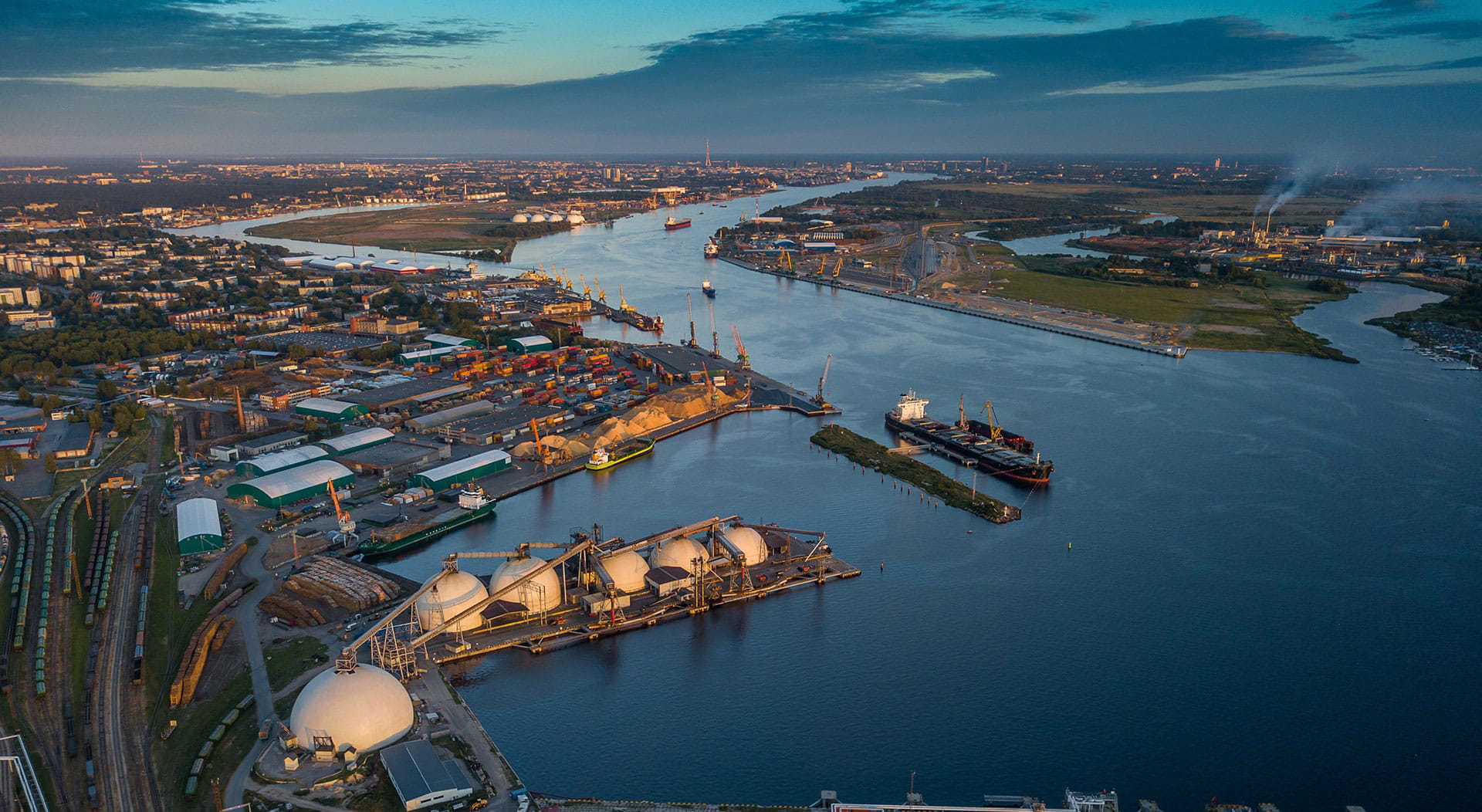Lender’s advisor Nador West Med Port

Project facts
- ClientEuropean Bank for Reconstruction and Development (EBRD)
- LocationMorocco
- Date2015 - present
- ChallengeEBRD provided a loan to Nador West Med for the construction of a major greenfield port.
- SolutionWe acted as EBRD’s independent consultant monitoring the technical, environmental and social performance of the project.
The challenge
Nador West Med (NWM) is developing a major new port and industrial complex 30 km from the town of Nador. This project includes a mixed cargo port with terminals for containers, hydrocarbons, bulk cargo, and Ro-Ro, as well as a service quay and an industrial and logistics zone. In 2015, the EBRD provided a sovereign-guaranteed loan to NWM for the construction of the port infrastructure, including breakwaters, quays, and dredging.The solution
In 2015, Royal HaskoningDHV reviewed the design of the port development to assess its resilience to the effects of climate change and to plan for necessary adaptation measures. We were also commissioned to provide recommendations to improve the project’s sustainability, focusing on construction and civil works aspects, as well as operations. Our work addressed key sustainability parameters such as greenhouse gas (GHG) emissions, efficient sourcing and use of materials, and resources conservation.
Since construction began in 2017, Royal HaskoningDHV has provided lender’s independent monitoring of the project. This has involved bi-annual to annual monitoring visits covering technical, environmental, and social performance. Our work has included checking compliance with approved documentation, plans, and specifications, including the EBRD’s Performance Requirements and the Environmental and Social Action Plan (ESAP). Special areas of attention included livelihood restoration and compensation, biodiversity offsetting, workers’ accommodation, and EPC contractors’ performance.
I would like to extend EBRD’s compliments to Royal HaskoningDHV team for pulling together such a comprehensive report. I feel that the E&S components of the report accurately reflect the current status of the Nador West Med project and compliance against EBRD’s Performance Requirements.
The result
Our Climate Change Adaptation and Sustainability study provided over 50 recommendations to improve the project’s resilience to climate change and to reduce GHG emissions. NWM and the EBRD agreed to incorporate the majority of our recommendations into the loan agreement, ensuring these measures are implemented throughout the project’s lifecycle.
Our monitoring reports proposed appropriate follow-up actions for each identified gaps and risks related to technical (quality, schedule, budget) and environmental & social aspects of the project. This contributed to the overall successful delivery and sustainability performance of the project.

.png?h=1080&iar=0&w=1920&hash=4AE213BABD53026E1CBFE98F0F416B0E)


